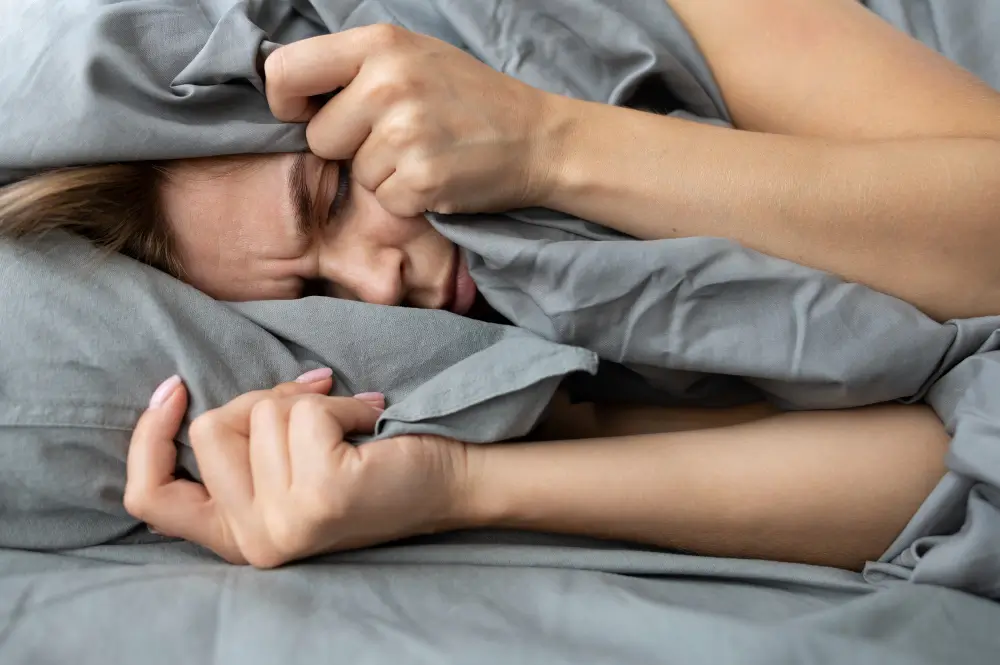Sleep is a crucial biological need that restores both mind and body. However, for many individuals, falling or staying asleep can be a daily challenge. Sleep disorders are becoming increasingly common in today’s world of busyness, often due to stress, irregular schedules, or medical issues. Identifying the cause of sleep disturbances and obtaining a proper diagnosis and treatment will greatly improve the quality of sleep and general well-being. In this article, we will discuss in detail sleep disorders and their diagnosis techniques, backed by Sleep disorder specialist.

Common Disorders of Sleep
There are a number of disorders that fit under the terms sleep disorder or sleep disturbance. Each sleep disorder creates different symptoms as well as different causes.
- Insomnia: One of the most common disorders, insomnia is the inability to fall asleep or stay asleep, even when there is sufficient time and opportunity for sleep. Chronic insomnia will often contribute to a sense of fatigue, irritability, and poor concentration.
- Sleep Apnea: In sleep apnea, breathing repeatedly stops and starts during sleep, which can be caused by an obstruction of the airway or a lack of signals from the brain to breathe. It occurs most commonly in people who are overweight or have some acuity or anatomical defect in the airway.
- Restless Legs Syndrome (RLS): A neurological disorder that presents the uncontrollable desire to move the legs, with uncomfortable sensations in the legs (or other body parts), especially when sitting still or at night.
- Narcolepsy: A rare, life-threatening disorder, narcolepsy presents with excessive daytime sleepiness and can include episodes of suddenly falling asleep, even when involved in an activity such as eating or talking.
- Circadian Rhythm Disorders: These are problems with the natural sleep-wake cycle that can be caused by shift work, jet lag, or inconsistent sleep time.
Diagnostic Testing for Sleep Disorders
An important factor in diagnosing sleep disorders is to find the root cause, so a correct diagnosis is vital. Sleep disorder specialist typically will obtain a full personal medical history and medical review and will examine the patient’s sleeping habits. Tests will usually involve:
- Polysomnography (Sleep Study): An overnight study that measures a variety of things while the person sleeps, including brain activity, breathing, heart rate, and oxygen levels. It can help diagnose disorders such as sleep apnea, narcolepsy, and movement disorders with sleep.
- Multiple Sleep Latency Test (MSLT): A daytime test, done following a sleep study, that measures the speed at which the person falls asleep in a quiet environment. The MSLT is helpful in diagnosing excessive sleep during daytime or as an indication of narcolepsy.
- Home Sleep Apnea Test: A home version of polysomnography, which is simpler, but provides information about sleep apnea only.
- Actigraphy: A watch worn on the wrist that tracks sleep patterns over a period of several days, up to weeks, in order to catch circadian rhythm issues.
The treatment for restoring a sound sleep depends on the type of sleep disorders, and can range from medications to lifestyle and behavioral changes, cognitive behavioral therapy, and techniques such as CPAP.
If you are looking for the Best pulmonology hospital in Mohali, or the best Sleep disorder treatment in Mohali, Sohana Hospital might just be your go-to destination. Sohana Hospital Mohali is home to the World’s most advanced technology and North India’s most trusted and experienced sleep disorders specialists who provide the most comprehensive care for the patients in the tri-city. Book your appointment today!
